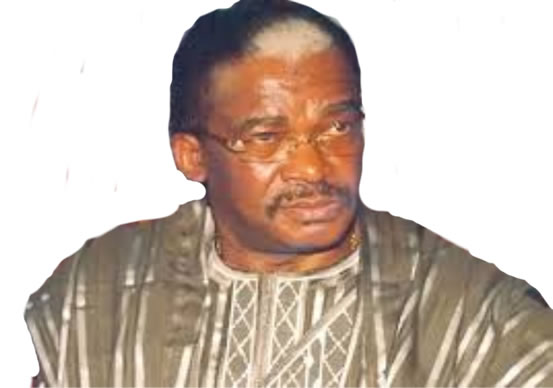Many Nigerians were shocked to learn of Lieutenant General Oladipo Diya’s (ret.) passing on Sunday morning. He was the former Chief of General Staff to the late Head of State, General Sani Abacha, Entrepreneurng report.
Ten important facts about the late Diya:
Read Also: African Billionaires Disclose Three Easy But Effective Money Rules
1. Oladipo Donaldson is first On April 3, 1944, Diya was born in Odogbolu, Ogun State.
2. He enlisted in the Nigerian Defence Academy in Kaduna at a young age and served as an active soldier between July 6, 1967, and January 15, 1970, in the Nigerian Civil War.
3. The late Diya completed his legal studies at Ahmadu Bello University in Zaria, where he earned an LLB degree, and at the Nigerian Law School, where he was admitted to the bar and appointed an advocate of the Supreme Court of Nigeria.
4. From January 1984 to August 1985, Diya held the positions of Chief of Defence Staff and Military Governor of Ogun State before being named Abacha’s second-in-command.
5. In 1994, he was named vice chairman of the Provisional Ruling Council after being named chief of general staff in 1993.
6. The regime detained senior army officers, including General Diya, Major General Tunji Olanrewaju, Major General Abdulkarim Adisa, and eight others on December 21, 1997, for allegedly plotting to “violently” overthrow Abacha.
7. On his route to represent Abacha to the funeral of Major-General Lawrence Onoja’s mother in Benue State, Diya is said to have just missed being a victim of a bomb blast at the Abuja airport one week before his detention.
8. When they noticed that Abacha was starting to cultivate the idea of becoming president for life, Diya, Bamaiyi, and other notable officers demanded four things of him, which were:
Read Also: Top Business & Finance News Headlines For Today, Sunday, 26th March 2023
i. That the 1995 constitution should be promulgated in its original form without the modifications Abacha was making to it.
ii. That the June 12 crisis be resolved along with the release of political prisoners, including Bashorun MKO Abiola, the victor of the June 12, 1993, presidential elections.
iii. That Abacha publicly declare without any ambiguity that he had no intention of succeeding himself.
iv. The elimination of Yoruba military officers should be stopped.
9. Diya was sentenced to death after being tried by a military court. Thankfully, Diya was pardoned by Abacha’s successor, Abdulsalami Abubakar, upon his untimely death in 1998.
10. Lieutenant General Diya was not only freed, but he was also expelled from the army, demoted, and prohibited from using his rank.
Source: Punch


